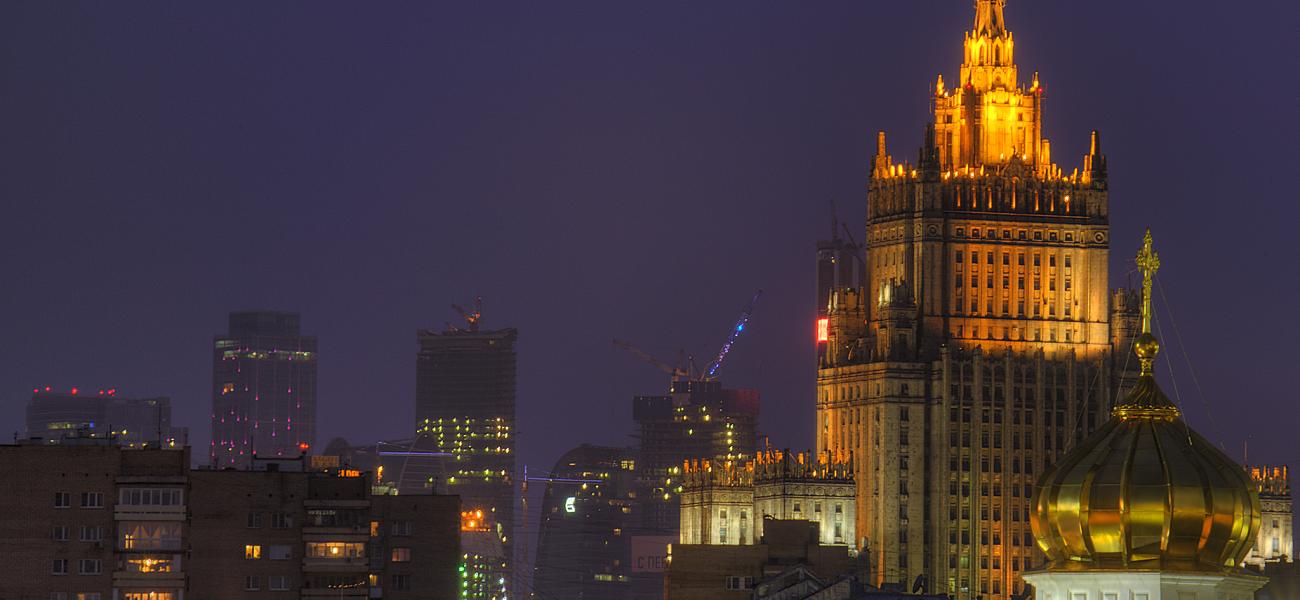
Putin, Putinism and the Domestic Determinants of Russian Foreign Policy
This is a summary of an article originally published in International Security.
The author argues that "[f]or a complete understanding of Russian foreign policy today, individuals, ideas, and institutions—President Vladimir Putin, Putinism, and autocracy—must be added to the analysis." Examining the cases of recent Russian foreign intervention "illuminates the causal influence of these domestic determinants in the making of Russian foreign policy, and shows that "[w]hen seeking to explain the riskiest Russian behavior in the world today—intervention in the domestic affairs of sovereign countries—Vladimir Putin, his ideas, and the political institutions empowering him must be factored into the equation.”
McFaul further argues that Putin's specific thoughts on "illiberalism, orthodoxy, sovereignty and the West" influence his decision making. "[A] Russian leader animated by either realist or liberal ideas about international relations would have made different decisions regarding intervention in "Ukraine in 2014, Syria in 2015, or the United States in 2016." If Russia was not led by Putin, it would have undertaken a different foreign policy approach and other Russian leaders made "different decisions" based on different ideas. McFaul concludes that "[b]ecause Putin was motivated in part by ideological objectives rather than material or security interests, he may have a different assessment of the costs and benefits of his intervention."
Read the full article in International Security.
Michael McFaul
Michael McFaul is the former U.S. ambassador to Russia and a professor of political science at Stanford University.
Photo by Pavel Kazachkov shared under a CC 2.0 license.
